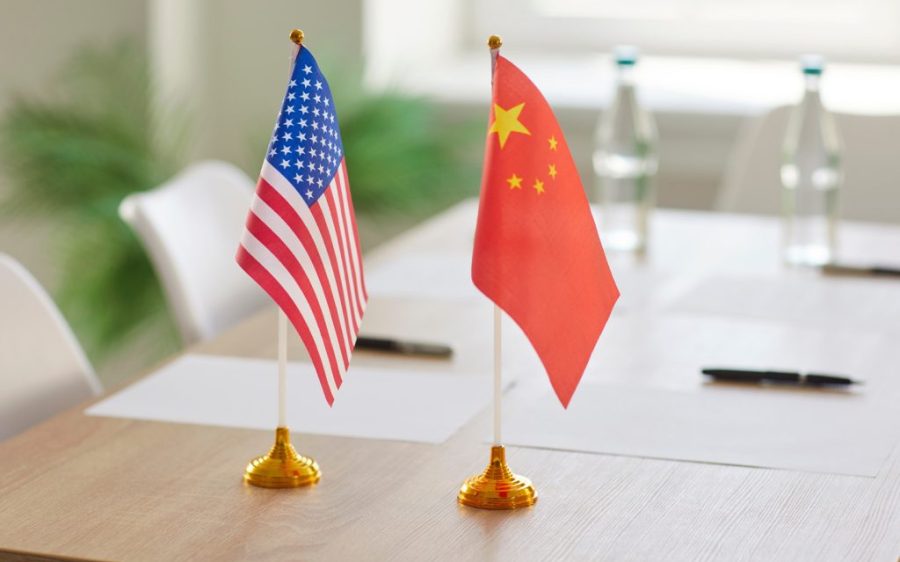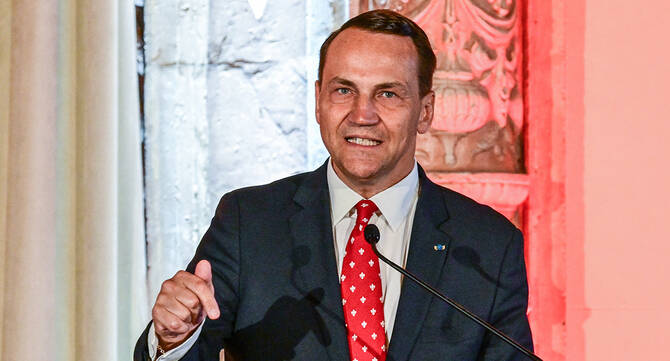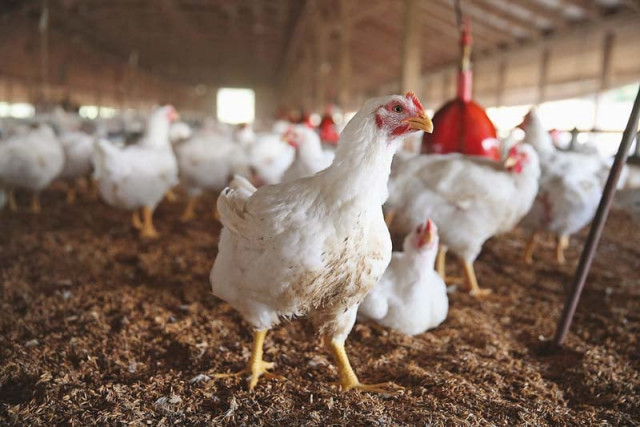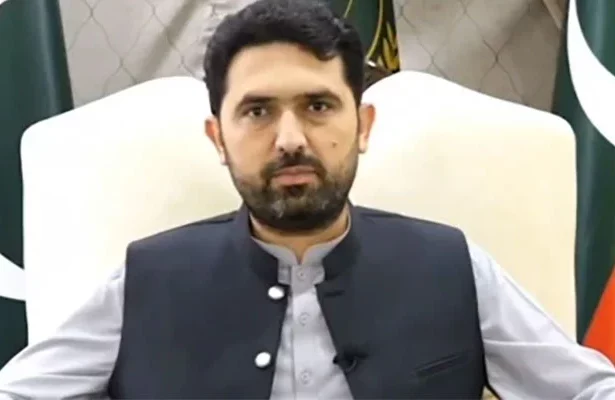LONDON- US and Chinese officials have reached a framework agreement to revive their trade truce. The deal aims to lift export restrictions on rare earth minerals and ease soaring tariffs that have strained global markets. "Meat on the Bones" of Geneva accord: US Commerce Secretary Howard Lutnick told reporters about the new framework. Lutnick said, …
US And China Agree On Trade Framework Amid Rare Earth Dispute

LONDON- US and Chinese officials have reached a framework agreement to revive their trade truce. The deal aims to lift export restrictions on rare earth minerals and ease soaring tariffs that have strained global markets.
“Meat on the Bones” of Geneva accord:
US Commerce Secretary Howard Lutnick told reporters about the new framework. Lutnick said, “We have reached a framework to implement the Geneva Consensus and the call between the two presidents.” The Geneva deal had faltered due to China’s ongoing restrictions on rare earth exports. The US responded with its export bans on sensitive technologies, including semiconductor design software and aircraft equipment.
Also Read: Global Growth Stalls As Trump’s Tariffs Shake The Foundations Of World Trade
Export restrictions eased:
Lutnick confirmed that both nations designed a framework that needed the approval of both sides’ leaders. He said, “We’re going to go back and speak to President Trump and make sure he approves it. We will go back and speak to President Xi and ensure he approves it.” China’s Vice Commerce Minister Li Chenggang confirmed that a trade framework had been reached “in principle.”
Rare piles of earth at the core:
China’s near-monopoly on rare earth magnets, crucial for EV motors and advanced electronics, is a significant point of contention. Lutnick stressed that resolving this issue is fundamental to the agreement. He said, “Also, there were several measures the United States of America put in place when those rare earths were not coming. You should expect those to come off in a balanced way.”
Temporary relief:
Experts are not sure about the agreement’s success. Josh Lipsky from the Atlantic Council said, “They are back to square one, but that’s much better than square zero.” The designed framework will help sustain the Geneva Agreement but cannot answer US complaints about China’s state-driven economic model and Trump’s unilateral tariffs. Both sides now face a tight deadline of August 10 to finalise the agreement.
Trump and Xi’s call made the difference:
Trump and Xi Jinping’s rare phone calls provided strategic direction. Lutnick credited the call with boosting momentum and aligning the framework with the Geneva Consensus.
Trump’s tariff strategies have disrupted global trade, sparked port congestion, and cost businesses billions in losses. Although tariffs do not affect US inflation, they’ve impacted business confidence and weakened the US dollar.
Recent customs data shows that China’s exports to the US plunged 34.5% in May. The sharp drop highlights the urgency of de-escalating tensions and stabilising trade flows.
National security tariffs under scrutiny:
Trump’s proposed national security tariffs faced a global backlash. Major economies, including Mexico, the EU, Japan, Canada, and international aerospace firms, have urged a reversal. During an ongoing legal review, a US court insisted that some of Trump’s tariffs stay in effect. However, the decision was made to pressure China through the administration’s now-suspended 34% “reciprocal” duties.











